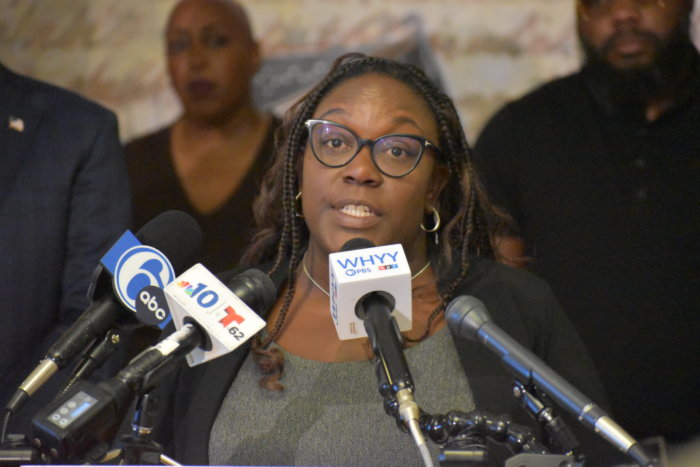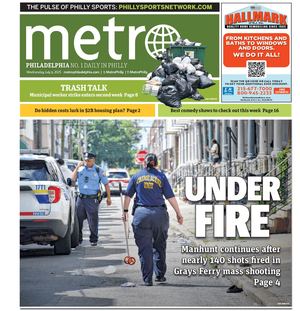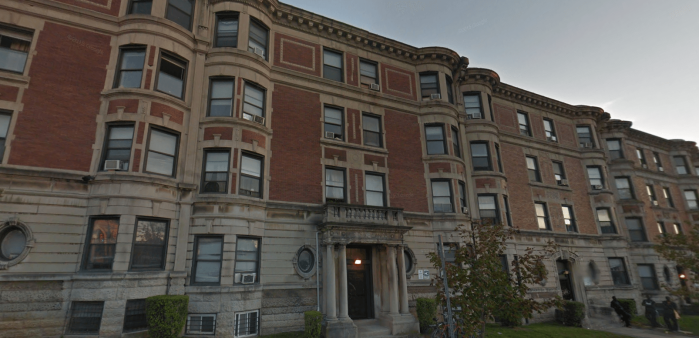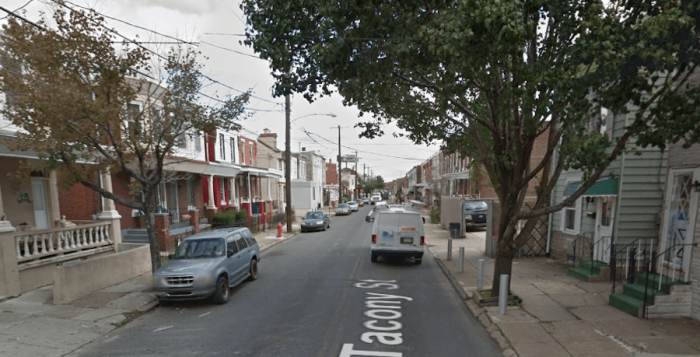Philadelphia’s landlord-tenant officer is resuming evictions this week, returning from a monthlong hiatus that followed the third shooting incident involving deputies since March.
But the unique system – under which a private law firm is hired to carry out lockouts in exchange for a fee – remains under threat, with housing activists vowing to keep fighting for an overhaul and elected leaders pledging to work toward additional reforms.
Attorney Marisa Shuter heads the landlord-tenant office, which, in a statement Friday, indicated that the private security contractors who serve as LTO deputies had received training in “use of force and de-escalation tactics.”
Going forward, the office plans to send deputies out in teams of two, with the other person having received training as a constable. Constables perform evictions in most Pennsylvania counties.
In addition, the LTO plans to share an eviction schedule with tenant groups and renters that request that information. Dates and times for lockouts will also be included in court documents.
Tenants, during a City Council hearing in June, had reported being evicted without notice and having just 10 minutes to gather their belongings.
Landlords who hire the LTO will be required to submit an affidavit with information about the tenant prior to the eviction, and deputies have been instructed to postpone a lockout “if unexpected issues arise,” the office’s statement said.
The changes do not go far enough for some, including the Renters’ Justice Campaign, an organization affiliated with the Philadelphia Democratic Socialists of America that was planning to protest outside the Municipal Court on Monday, after Metro went to print.
“Ideally, we would like for this landlord-tenant office to be abolished because it’s unnecessary and shouldn’t exist in the first place,” said Shawn Moss, the group’s communications director. “It’s a for-profit system of evicting people. Is any of that right? None of that sounds right to me.”
HAPCO Philadelphia, a local landlord association, is also displeased, according to a post on the organization’s website, because the LTO decided to raise eviction fees from $145 to $350 to pay for the reforms.
The eviction pause was instituted after 33-year-old Latese Bethea was shot in her leg while being evicted July 18 in Kensington. In June, a deputy fired at a tenant’s dog (the animal was not hurt), and Angel Davis, 35, was shot in the head during a lockout March 29 at her North Philadelphia home.
Davis and Bethea have filed separate lawsuits against Shuter and other entities involved in their specific evictions.

Councilmembers Kendra Brooks and Jamie Gauthier, in a joint statement, said that using constables is “not an acceptable long or even medium-term solution to Philly’s reckless eviction process.”
The lawmakers added that every tenant should be provided with advance notice of a lockout, whether they call the LTO or not. Gauthier and Brooks have expressed a desire to increase city oversight of evictions. Currently, judicial leaders appoint the landlord-tenant officer.
Significant overhauls would likely require action in Harrisburg, since the current arrangement was enshrined into state law in 1970.
The Pennsylvania House of Representatives’ Committee on Housing and Community Development is scheduled to hold a hearing on the LTO on Tuesday, Aug. 29, at City Hall.
































